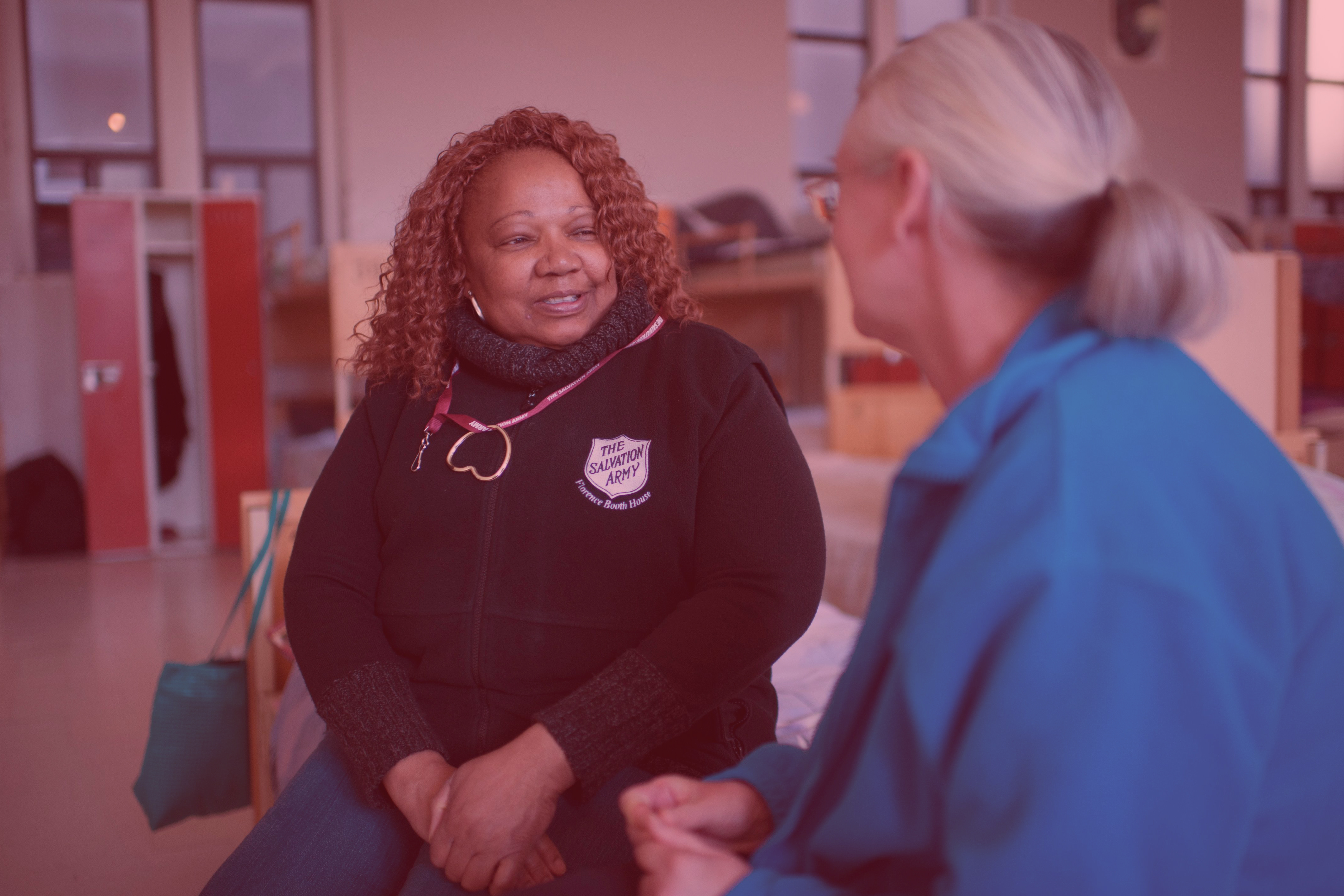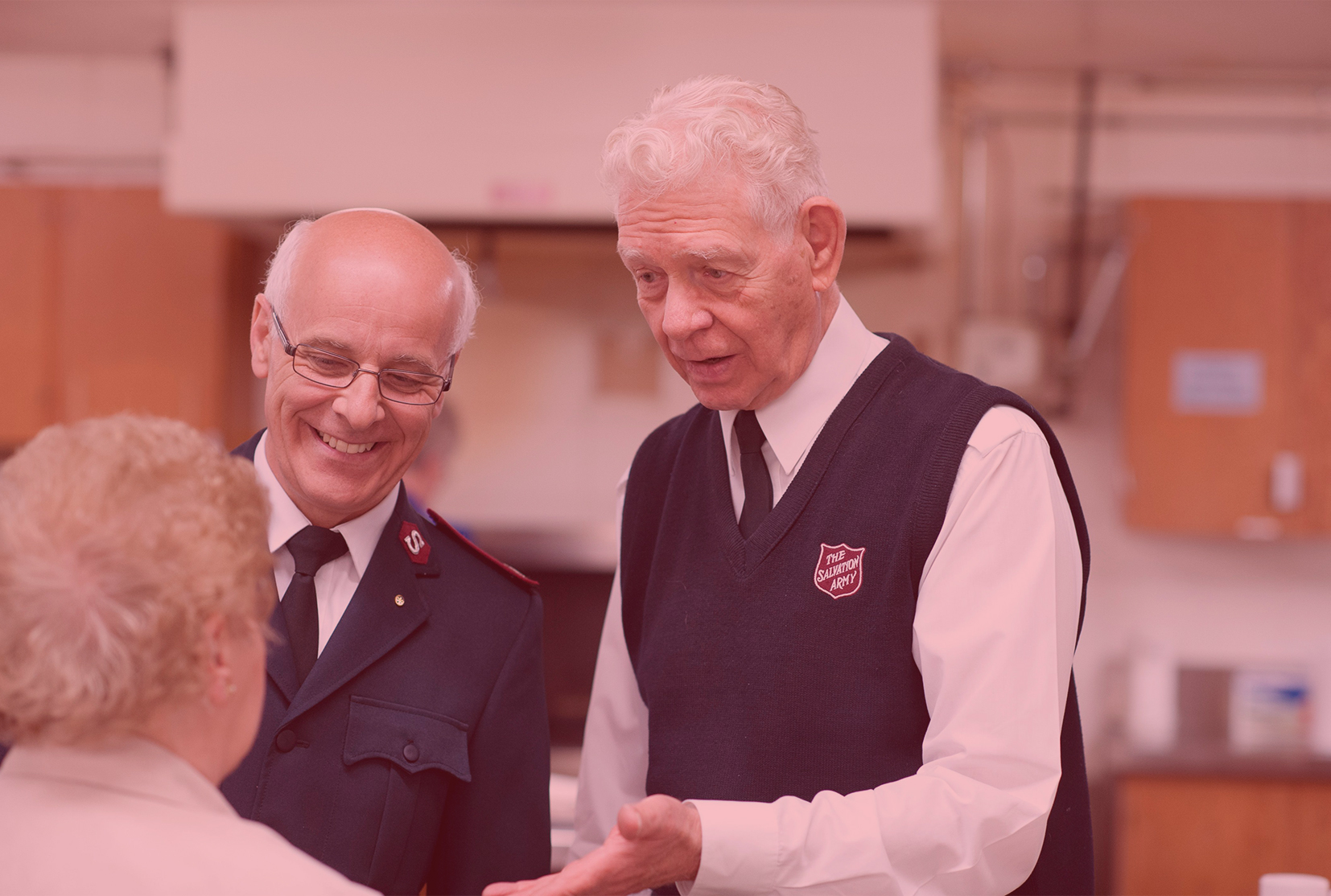Leadership Development
Our department prioritizes creating passionate and capable leaders. We offer our mission partners many opportunities for professional development and education. Our programs are designed to seamlessly integrate with your development. Our continuous learning approach will provide training that focuses on the skills most important to you and your ministry work.
Education Financial Support: Operating Procedures & Applications









